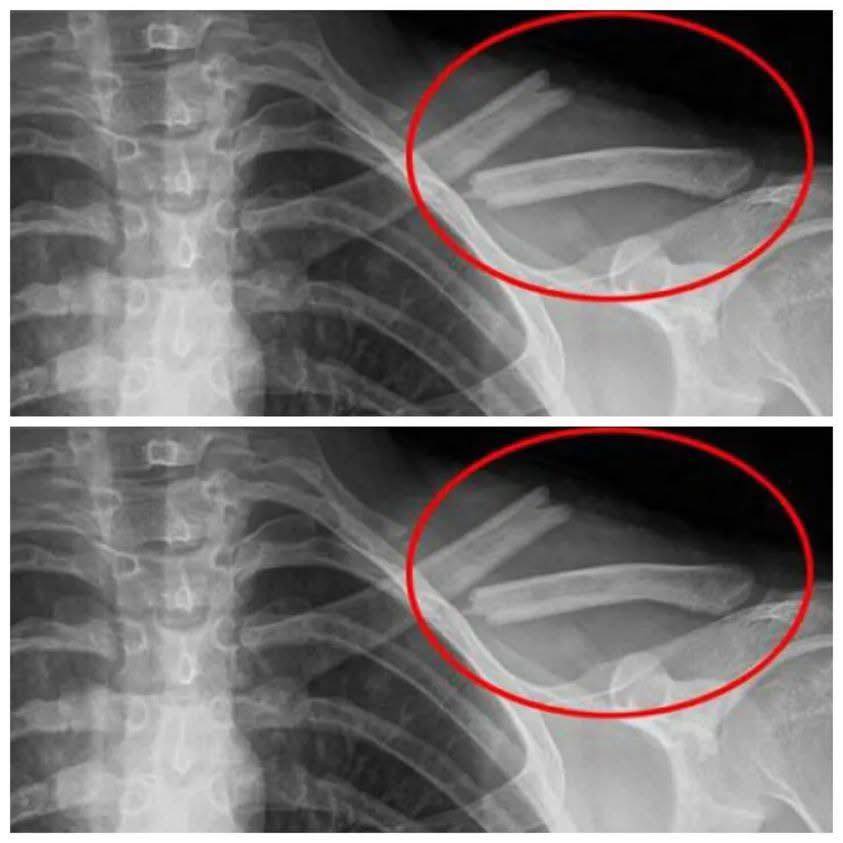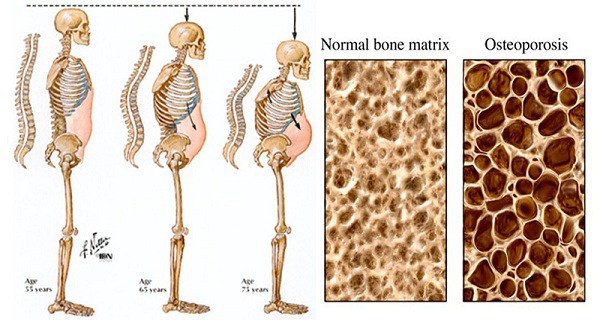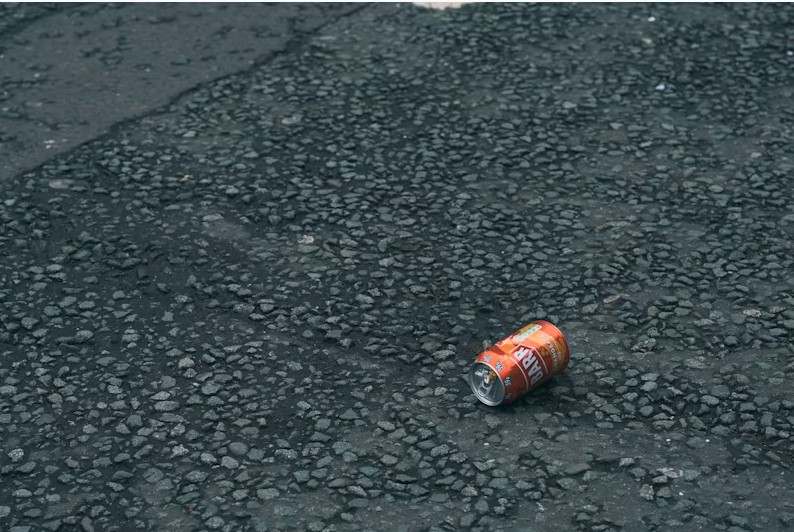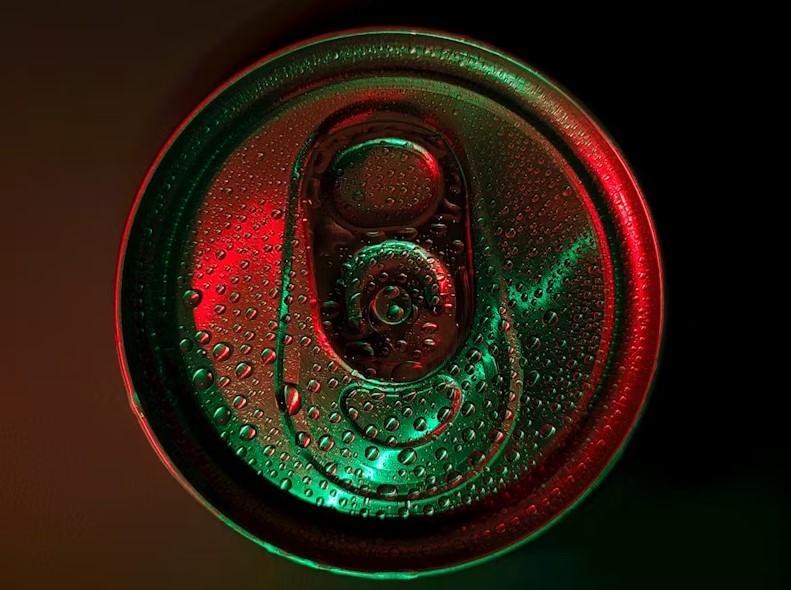Every day, millions of people around the world consume a beverage that could be silently damaging their bones from the inside. Despite its popularity, scientific studies have linked this drink to serious health risks, including osteoporosis and weakened bones. So, what is this mysterious yet dangerous drink? The answer might surprise you: soda.

How Soda Affects Your Bones
1. Phosphoric Acid and Calcium Imbalance
Cola-based sodas contain phosphoric acid, which contributes to their tangy taste and longer shelf life. However, some studies suggest that a high phosphorus intake, especially when not balanced with adequate calcium, can negatively affect bones.
- A 2006 study published in The American Journal of Clinical Nutrition examined over 2,500 individuals and found that women who drank cola regularly had lower bone mineral density in their hips compared to those who did not. Interestingly, this effect was not observed in men.
- Researchers hypothesize that excess phosphorus may lead to a calcium-phosphorus imbalance, which could contribute to bone resorption—a process where bones release minerals into the bloodstream, leading to weaker bones.

2. Caffeine and Calcium Absorption
Many sodas contain caffeine, which is known to interfere with calcium absorption.
A 2013 study in Osteoporosis International found that high caffeine intake increased calcium loss through urine, which could negatively impact bone health over time.
However, the study noted that this effect is more concerning for individuals with low dietary calcium intake, meaning that people who consume enough calcium may not experience significant harm.
3. High Sugar Content and Inflammation
Sugary sodas can contribute to chronic inflammation, which has been linked to osteoporosis.
A 2018 study in Bone Research found that a high-sugar diet may increase oxidative stress and inflammation, leading to bone loss. Additionally, excess sugar intake can lead to obesity and metabolic disorders, which are also risk factors for poor bone health.

4. Replacing Nutrient-Rich Drinks
One of the biggest concerns is that soda often replaces healthier beverages, such as milk, fortified plant-based milk, or calcium-rich juices.
- The National Osteoporosis Foundation (NOF) warns that insufficient calcium intake is a major risk factor for osteoporosis. If soda replaces calcium-rich drinks, it can contribute to weaker bones over time.
- A Harvard study on adolescent girls found that those who consumed soda regularly had a higher risk of bone fractures, possibly due to lower calcium intake from other sources.

Does This Mean You Should Stop Drinking Soda?
Not necessarily. The negative effects of soda on bone health largely depend on:
- How much you drink – Occasional soda consumption is unlikely to cause harm.
- Your overall diet – If you get enough calcium and vitamin D, your bones can better withstand the effects of soda.
- Your lifestyle – Regular exercise, especially weight-bearing activities like walking or resistance training, can help maintain bone strength.
What Can You Do?
- Limit soda intake, especially cola-based sodas with phosphoric acid.
- Ensure sufficient calcium intake (1,000–1,200 mg/day for adults).
- Get enough vitamin D to aid calcium absorption.
- Engage in regular exercise to maintain strong bones.
- Choose healthier drink options like water, milk, or fortified alternatives.
In fact, it has been controversially stated that, the effects of avoiding soft drinks or any other sugary beverage, is even higher than giving up on smoking. This observation has surprised several people, but it does hold true. Try it out yourself!
